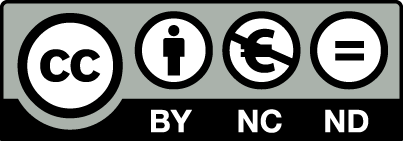Krytyka Prawa. Niezależne studia nad prawem
Co-ordination and co-operation in public administration in the light of the law
Akademia Leona Koźmińskiego
Abstrakt
There are some typical relations that can be observed in public administration, including management, supervision, control, co-ordination and co-operation. The latter two are seldom subject to scrutiny by administration law academics. The purpose of this article is to initiate a discussion on filling this gap. In most cases, co-ordination is performed in connection with management, supervision or control. This type of co-ordination can be described as functional. However, independent co-ordination also exists. Due to the limited number of positive law regulations regarding this type of co-ordination, it is usually limited to the co-ordinating body applying non-executive measures. The co-ordination relationship in administration law is an unusual type. At least three entities are necessary for such a relationship to exist, namely a co-ordinator and two co-ordinated parties. The analysis of co-operation in public administration is possible upon considering the principle of general co-operation as a separate one. This principle could have the status of a general administration law principle, but the positive law does not currently formulate this principle directly. However, it can be derived from various applicable rules, including rules of constitutional importance. This principle dictates that all public administration entities must co-operate with each other. The article attempts to define forms of co-operation, indicating their diversity. Many issues related to co-ordination and co-operation in administration still require scientific explanation. A further stage should involve regulating these activities within the framework of the positive law. This could be implemented by future act – the “General Provisions of Administrative Law”.





